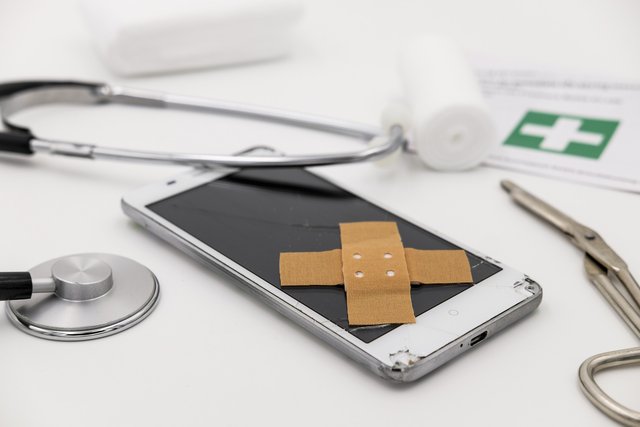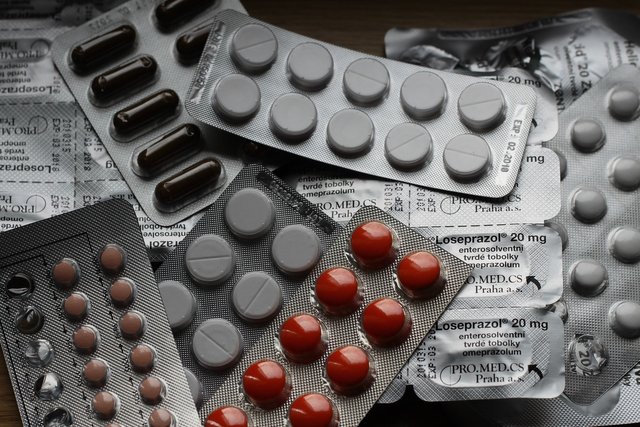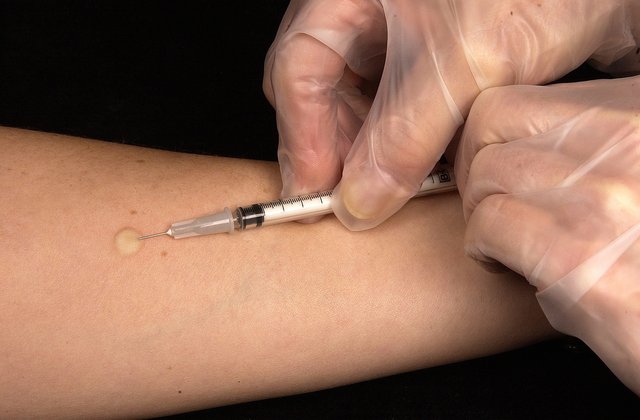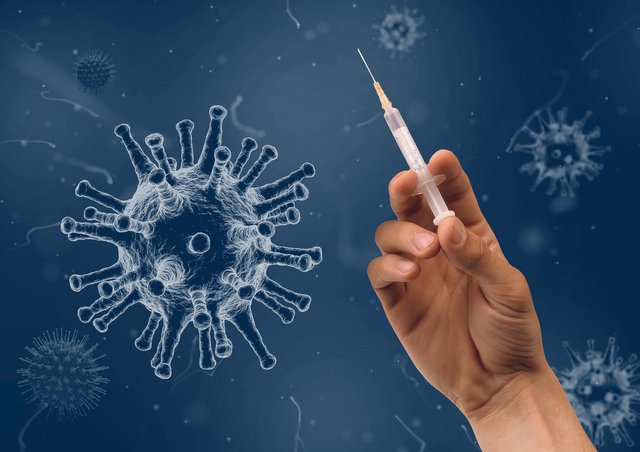Biologic Medications and Side Effects

The complexity of treatment with biologic drugs requires the active participation of the patient, good family support, the involvement of multiple experts, or a team approach to solving health problems.
Pharmacists also play an important role as we are trained to provide effective advice on the correct and safe use of drugs, their interactions, the appropriateness of adding dietary supplements, and the principles of a healthy lifestyle.
Biologic medicine is a type of treatment that uses living cells or substances derived from living cells to treat a variety of medical conditions. These substances, which can include proteins, monoclonal antibodies, and gene therapies, are produced using biotechnology techniques and are designed to target specific aspects of a disease or condition. Biologic medicines are used to treat a wide range of conditions, including cancer, autoimmune diseases, and infectious diseases. They are typically administered via injection or intravenous infusion.
There are many different categories of biological drugs, including but not limited to:
These are drugs that are designed to specifically target a particular protein or cell type in the body. They are produced using technology that allows for the production of a single, pure type of antibody.
These are drugs that are produced using biotechnology techniques that allow for the production of proteins that are identical to those found in the human body. Examples include erythropoietin (a hormone that stimulates the production of red blood cells) and human growth hormone.
These are therapies that involve the introduction of a normal gene into cells in order to correct a genetic defect or to treat a genetic disorder.
These are biological products that stimulate the immune system to recognize and defend against infectious diseases.
Millions of patients with a variety of debilitating and fatal diseases, including cancer, rheumatoid arthritis, anemia, chronic inflammatory bowel disease, diabetes, and skin conditions such as psoriasis, have seen significant improvements in their quality of life thanks to biologic medicines.

The discovery in 1953 of the composition of DNA, as well as the recombinant DNA technique, made it possible to produce biological therapies by isolating a piece of DNA, for example, from a human cell, modifying it, and incorporating it as a recording form. in bacterial or human cells. As a result, it acquires new genetic information and begins to make the desired protein, which is a biologically active component. Human insulin, a drug used to treat diabetes, became the world's first drug in 1982. From the preparation of the first cell culture to the manufacture of biologically active raw ingredients, it can take up to nine months on average. Up to seven years are required for the entire development process, from the initial cell culture to the first batch of biologically active ingredients.
Biological drugs are proteins that change their behavior after entering the body. Biologics also work as inhibitors of "harmful" proteins or cells in the body, which can cause serious illness. This is how drugs used to treat cancer or prevent its spread, as well as drugs used to treat chronic inflammatory bowel disease, rheumatoid arthritis and psoriasis, work. These are monoclonal antibodies that attach to “harmful” proteins or cells after they have been ingested, causing the immune system to detect them as foreign, break them down, and destroy them. It removes one of the sources for the development of malignant tissue in the body, as well as proteins that cause inflammation.

Biologic medications are a type of treatment that uses proteins or other substances made by living cells to help treat a variety of conditions, including autoimmune diseases, cancer, and infections. While biologics can be effective at treating these conditions, they can also cause a range of side effects, some of which can be serious.
| Affects | Common side effects of biologic medications include |
|---|---|
| Infections | Biologics can suppress the immune system, making it easier for you to get infections. |
| Allergic reactions | Some people may have an allergic reaction to biologics, which can cause symptoms such as rash, hives, and difficulty breathing. |
| Inflammation | Biologics can cause inflammation in some people, leading to symptoms such as swelling and redness. |
| Cancer | Some biologics have been associated with an increased risk of cancer, although the risk is generally low. |
| Other side effects | Other potential side effects of biologic medications include fatigue, headache, nausea, and diarrhea. |
It's important to talk to your doctor about the potential risks and benefits of biologic medications before starting treatment. Your doctor can help you weigh the risks and benefits and determine whether a biologic is the right treatment option for you.

It is difficult to predict the future of biological home treatment with certainty, but it is likely that advances in biotechnology and medical research will continue to lead to the development of new biological treatments that can be administered at home. Some examples of biological treatments that are already being used at home include monoclonal antibody therapies, which are designed to target specific proteins or cells in the body, and gene therapies, which involve the delivery of genetic material to cells to correct genetic defects or modify gene expression. It is possible that in the future, more advanced biological treatments will become available that can be administered at home, potentially using devices such as wearable patches or inhalers. These treatments could potentially be used to treat a wide range of conditions, including autoimmune diseases, cancer, and genetic disorders.
Thanks @nabeelsaqib for this wonderful and educative post.